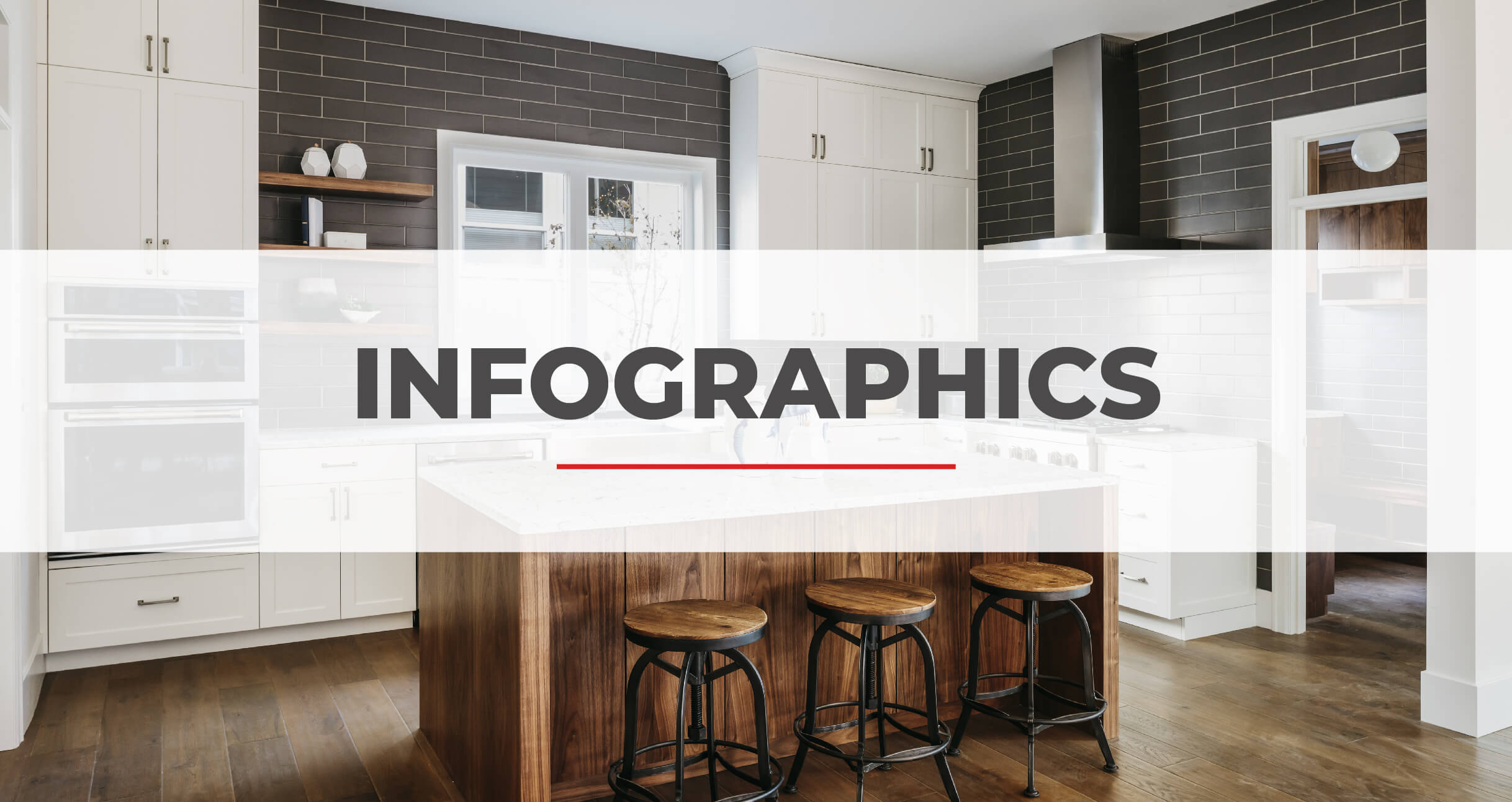Exactly How To Allocate Your Flooring Job: A Practical Overview
Exactly How To Allocate Your Flooring Job: A Practical Overview
Blog Article
Posted By-Mcgowan Carlson
When you're preparing a floor covering project, budgeting isn't just about picking a number; it's about recognizing what you really require and the expenses entailed. You'll want to analyze your details needs, study various materials, and anticipate unanticipated costs. Think about how variables like space objective and setup approaches can impact your budget plan. But prior to you jump in, there are some important details you might overlook that can significantly influence your general costs. Let's explore exactly how to navigate these intricacies and guarantee your task remains on track.
Assessing Your Flooring Needs
Before diving into your floor covering job, it's vital to assess your flooring needs. Begin by taking into consideration the details locations where you prepare to set up brand-new flooring. Think about the purpose of each room. As an example, kitchens and bathrooms need water-resistant materials, while living locations could gain from convenience and appearances.
Next off, evaluate the status quo of your floorings. Are there any structural issues, such as uneven surface areas or dampness problems? Attending to these issues early can save you time and money down the line.
Additionally, make note of the dimensions of each room to establish just how much floor covering you'll require.
Do not forget to consider epoxy floor durability of living. If you have pets or young children, sturdiness may be your leading concern, while a much more official room may call for a lavish coating. Additionally, think about your style preferences. Do you prefer a timeless look, or are you attracted to contemporary designs?
Last but not least, be reasonable about just how much maintenance you want to dedicate to. Some materials require more upkeep than others. By comprehending your needs plainly, you'll be better geared up to make enlightened choices as you move forward with your flooring job.
Estimating Costs and Materials
Estimating prices and materials is a critical action in your floor covering project that can significantly affect your total budget plan. Beginning by gauging matte epoxy floor to identify how much floor covering you'll need. For a lot of materials, you'll discover pricing by square foot, so gather quotes from different vendors to obtain a reasonable figure.
Next off, consider the kind of flooring you want. Choices like wood, laminate, floor tile, or carpet all included different price factors. Study the expenses for each and every and consider any type of additional products like underlayment, glue, or transition strips.
Don't forget to include devices if you're preparing a DIY installment, as leasing or purchasing equipment can add to your costs.
Get the facts are another essential factor to consider. If you're employing professionals, obtain quotes from multiple professionals to guarantee you're getting a reasonable price. Be clear regarding the range of work to prevent unforeseen costs later.
Last but not least, it's a good idea to reserve a tiny portion of your allocate any type of unexpected prices connected to products. By thoroughly approximating your prices and materials ahead of time, you'll set yourself up for a smoother and extra convenient flooring job.
Preparation for Hidden Expenditures
Many property owners forget the surprise expenditures that can arise throughout a floor covering job, which can cause spending plan overruns. To prevent this, you need to plan for potential added expenses.
Initially, think about the problem of your existing subfloor. If it's harmed or uneven, you'll likely need repairs or leveling, which can include substantially to your total cost.
Next, think of removal and disposal costs for your old flooring. Many service providers bill extra for this service, so factor that into your budget.
Additionally, do not forget about the costs of underlayment, which may not be included in the preliminary quote yet are crucial for a successful installment.
You need to also get ready for unexpected problems, such as plumbing or electrical work if your flooring project includes moving fixtures. It's smart to allot a minimum of 10-15% of your total budget for these unanticipated expenses.
Last but not least, keep in mind that permits may be required for sure installments. Constantly check regional laws to stay clear of penalties or delays.
Conclusion
Finally, budgeting for your flooring project is essential for a successful end result. By analyzing your demands, estimating expenses, and planning for hidden expenditures, you'll stay clear of shocks and remain on track. Bear in mind to set aside a section of your allocate unforeseen prices and maintain a detailed failure of your expenditures. With careful preparation and consideration, you'll create a lovely space that satisfies your requirements without breaking the financial institution. Pleased floor covering!
